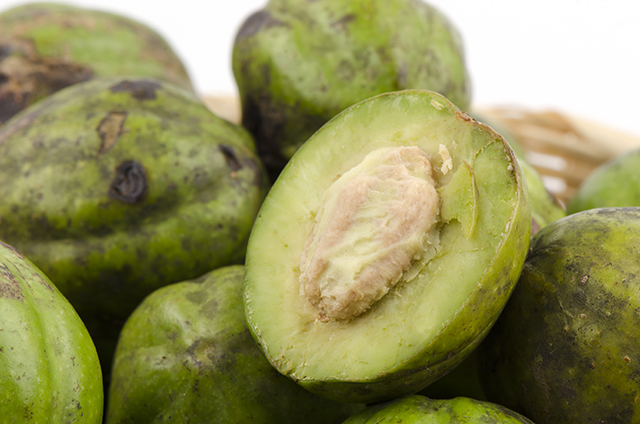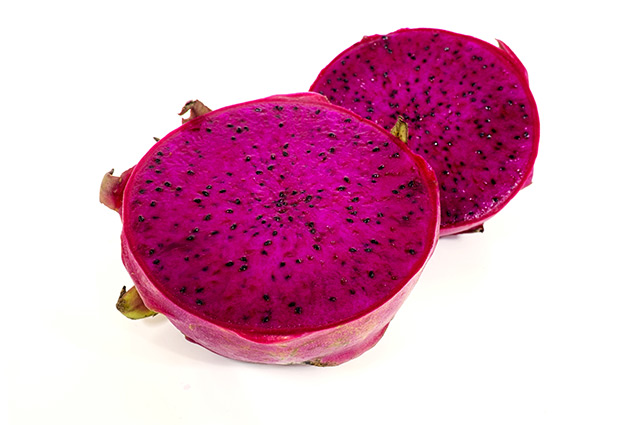Nutrition’s role in mental health: Research shows a healthy diet promotes psychological well-being
09/06/2018 / By Rhonda Johansson

Nutrition plays a direct, if not essential, role in how well we handle day-to-day situations and our risk of developing psychiatric disorders. A collection of new studies published in a special section of the November 2017 issue of the journal Clinical Psychological Science has concluded on the distinct power food has on the brain.
As explained by guest editors Julia J. Rucklidge (University of Canterbury) and Bonnie J. Kaplan (University of Calgary), the collection was made to “showcase the diversity of studies being conducted in a new, rapidly emerging field of nutrition and mental health.”
These studies add to the new school of “nutritional psychiatry” — a branch of mental health focused on preventing, managing, and perhaps even treating psychiatric illnesses through food. Scientists say that the gut microbiome profile, or the delicate balance between good and bad bacteria found within the gut, not only affects how well you feel physically, but mentally as well.
Five analyses support this, as briefly described below:
- Depression and the Mediterranean diet — Data collected from almost 12,000 people showed that those that followed the Mediterranean diet (eating a lot of fruits and vegetables, healthy fats, nuts, and fish) had a significantly lower risk of developing clinical depression. While the researchers of this study did note that other factors such as physical exercise and social activity also played a role in the decreased risk, diet was an extremely important lifestyle factor that determined mental health outcomes.
- ADHD and EFA — Researchers compared children who were diagnosed with attention deficit hyperactivity disorder (ADHD) and those who were not and their essential fatty acid (EFA) consumption. It was found that children with ADHD showed signs of an EFA deficiency, even if their intake of the fatty acid was the same compared to their non-ADHD peers. This seems to suggest that ADHD children are somehow unable to process EFAs correctly.
- OCD and NAC — N-acetyl-cysteine (NAC) is an altered form of the amino acid cysteine and can be found in animal protein, granola, and oat flakes. In a randomized controlled trial involving 44 participants, scientists saw that NAC can help alleviate certain symptoms of obsessive-compulsive disorder (OCD), but only if the patient was young and was diagnosed early.
- Insomnia and multivitamins — Mental health practitioners understand that many psychiatric illnesses can stem from and contribute to insomnia, which is the persistent lack of sleep and the inability to rest. Authors of this particular study hypothesized that broad-spectrum micronutrients improved various symptoms of insomnia.
- Depression and inflammation — Scientists observed a relationship between inflammation and depression. After studying more than 4,000 adults over five years, the researchers saw that those whose diets rated high on the “dietary inflammatory index” had a higher likelihood of developing depressive symptoms, but only among women.
All of these studies concluded that further research is necessary to truly determine how food impacts mental health. Nevertheless, mental health experts note that these studies should encourage the public to take a closer look at what they eat and the ways they can improve their well-being by making simple dietary changes.
Sources include:
Tagged Under: adhd, Attention deficit hyperactivity disorder, depression, diet, food is medicine, healthy eating, inflammation, insomnia, Mediterranean diet, mental health, mind body science, multivitamins, natural remedies, nutrition, nutritional psychiatry, obsessive-compulsive disorder, OCD, vitamins and minerals



















